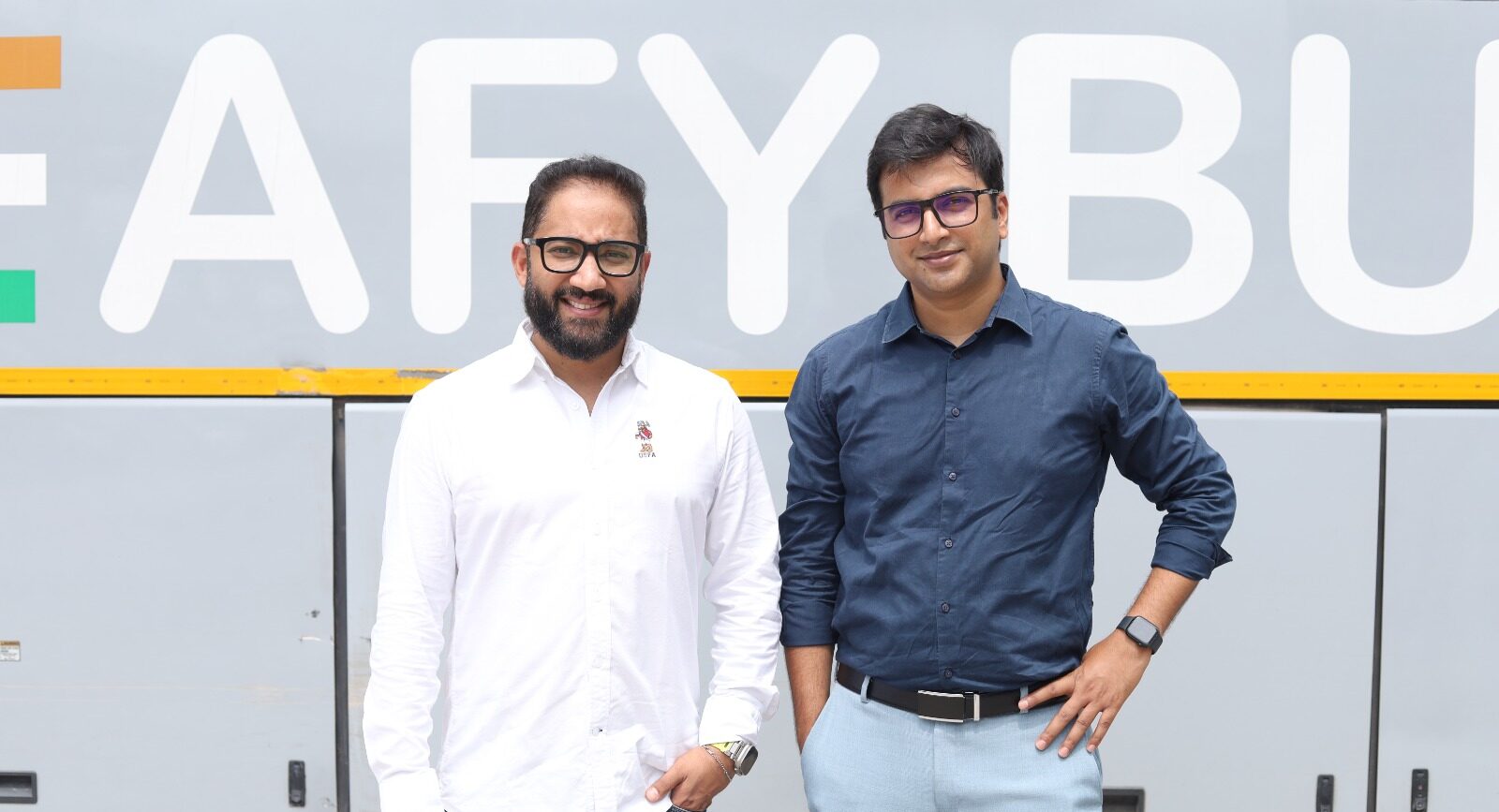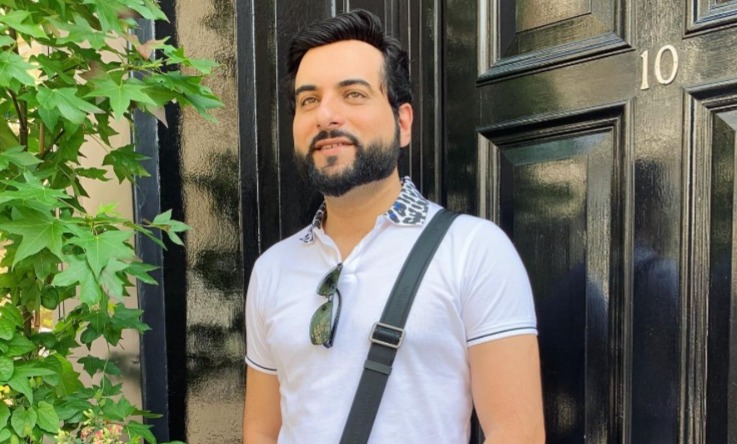Funding and Investor Backdrop
Delhi-based intercity electric bus operator LeafyBus has secured USD 4.1 million (approximately ₹34-36 crore) in a pre-Series A funding round from Enetra India. The fresh capital will be channelled into scaling operations, expanding its fleet, and enhancing charging infrastructure across high-demand intercity routes.
Enetra India/Enetra EV is backed by a Singapore-based investment manager called Impact Capital Asia Management (ICAM). This investment is potentially one of the largest early-stage investments in India’s budding intercity EV bus sector and highlights growing investor confidence in heightened sustainable mobility options.
How the Funds Will Be Utilised
With the infusion of new funding, LeafyBus plans to expand from its current fleet of 10 buses to more than 100 vehicles within the next 18–24 months. The company plans to deepen its presence in North India and expand to the East and South. Expansion corridors include Agra, Lucknow, Chandigarh, Amritsar, and Patna where there is a consistent market for accessible and eco-friendly intercity travel.

The startup wants to grow while being fiscally responsible, grow incrementally, focusing on the demand with routes that have existing demand, and using high-capacity chargers to limit downtime.
Company Origins and Current Operations
Founded in 2023 by Rohan Dewan and Animesh Sharma, LeafyBus has positioned itself as a premium yet affordable operator in the long-distance EV travel space. The company started commercial services in late 2024 using the Delhi-Dehradun route, subsequently offering the Delhi-Agra corridor. Both routes have shown strong early traction with high occupancy, and customers prefer less noisy, smoother electric travel compared to diesel coaches.
LeafyBus also employs a hybrid asset ownership model whereby it only directly owns about 20-25% of its fleet and leases the rest. This allows for capital efficiency, lowers the risk, and also provides flexibility to scale in terms of routes without an excessive financial burden.
Charging Infrastructure and Technology
A distinguishing feature of LeafyBus’s business operations is the high-tech charging technologies that it invests in. In partnership with GLIDA (the public charging network brand of Fortum in India) has rolled out 360 kW fast-charging stations along major intercity routes. This infrastructure enables buses to recharge in under an hour, which supports faster turnarounds for the buses and allows multiple trips to be made in a day. Industry observers note that this is among the first high-power intercity charging solutions in India, positioning LeafyBus as a frontrunner in operational efficiency within the EV transport sector.
Also Read: Hero Electronix’s Tessolve Secures $150M from TPG Growth
Fleet Suppliers and Expansion Pipeline
LeafyBus has formed procurement partnerships with JBM Electric Vehicles that will allow them to take delivery of up to 200 electric buses over the next two years – with 50 due this year alone. Furthermore, the company partnered with AMU (Accelerated Money For U) to fund the initial fleet of 10 buses.
At this time, LeafyBus’ fleet comes from JBM and Azad India Mobility – and the startup is also exploring potential partnerships with Tata Motors and Eicher to further expand its fleet. These partnerships should provide a consistent supply of electric coaches with superior quality that meet the duration of travel needs.
Competitive Landscape
LeafyBus competes in a rapidly expanding segment of intercity electric bus services. Its peers include:
- NueGo, operated by GreenCell Mobility, which already runs electric coaches on multiple routes.
- Fresh Bus, an ixigo-backed operator, which raised $10.5 million in Series A funding led by Maniv Mobility with participation from Shell Ventures, Alteria Capital, and Riverwalk.
- Zingbus, which raised ₹59 crore ($7 million) in a round led by bp ventures.
- FlixBus, a European giant that entered India in 2024 with tech-led aggregation of partner fleets.
The competitive intensity highlights both the opportunities and challenges in building a sustainable business model in intercity electric travel.
Market Outlook and Growth Potential
The growth of LeafyBus is taking place against the backdrop of a booming EV market in India. Analysts project the sector to expand from $23.38 billion in 2024 to $117.78 billion by 2032, at a compound annual growth rate (CAGR) of 22.4%.
Government incentives as well as favorable state EV policies is promoting best financing options for all fleet operators in order to pick up the pace in adopting electric buses, especially when talking about the intercity trip. The operational cost advantages can be significant based on the efficiency.
What Lies Ahead
LeafyBus has set ambitious revenue goals, targeting ₹75-80 crore in FY26. The company also envisions scaling up to 500 buses within the next three years, positioning itself as a key player in sustainable long-distance travel.
The road ahead will demand consistent execution, timely delivery of buses, maintaining high occupancy rates, and ensuring that its fast-charging infrastructure performs reliably under growing demand. If LeafyBus delivers on these fronts, it could play a defining role in India’s shift towards cleaner, greener intercity mobility.
Also Read: Cuzor Labs raises ₹5 Cr seed to boost chargers, UPS business

























